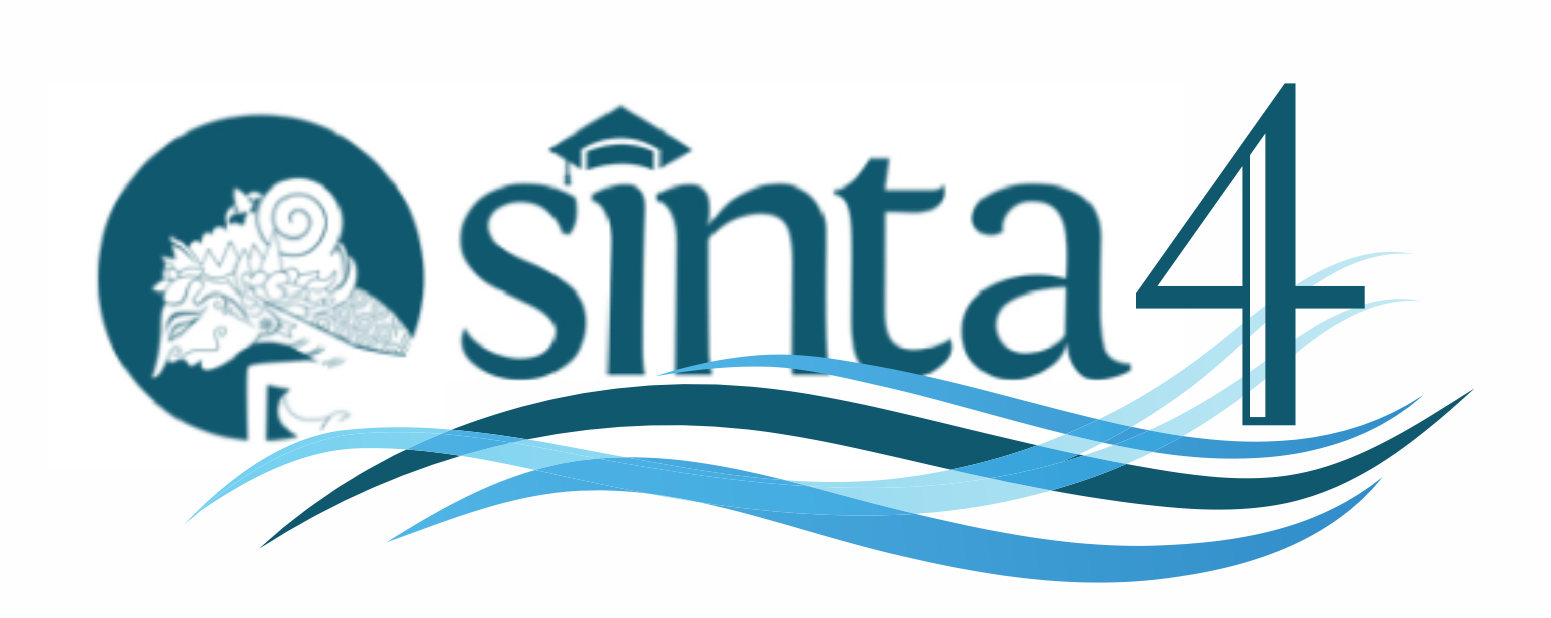DECENTRALIZATION AND CORRUPTION IN POST-1998 CRISIS ASIA IN IMF ASSISTANCE RECEIVER COUNTRY
DOI:
https://doi.org/10.33541/japs.v3i2.1318Abstract
Rapid action must be taken by countries to handle the 1998 Asian crisis, one of which is through IMF loans, hopefully by promoting economic development. Unfortunately, IMF recipient countries must adjust the prescription of good governance ala IMF is identical to decentralization, as a result the power from the central government is distributed to the regional government. The presence of this prescription makes corruption still exist even more extends to the regional level. The article argues that the conditions of corruption in several Asian countries that receive IMF assistance still exist, even extending to the regional level where this is closely related to the IMF prescription which is identical to the concept of decentralization. This article focuses on several IMF recipient countries, namely Thailand, South Korea, the Philippines and especially Indonesia. This article uses a qualitative research method with a case study approach. In conclusion, the application of this concept, checks & balances must be further improved because power is distributed to the regional level so that corruption in the country becomes more resolved.













